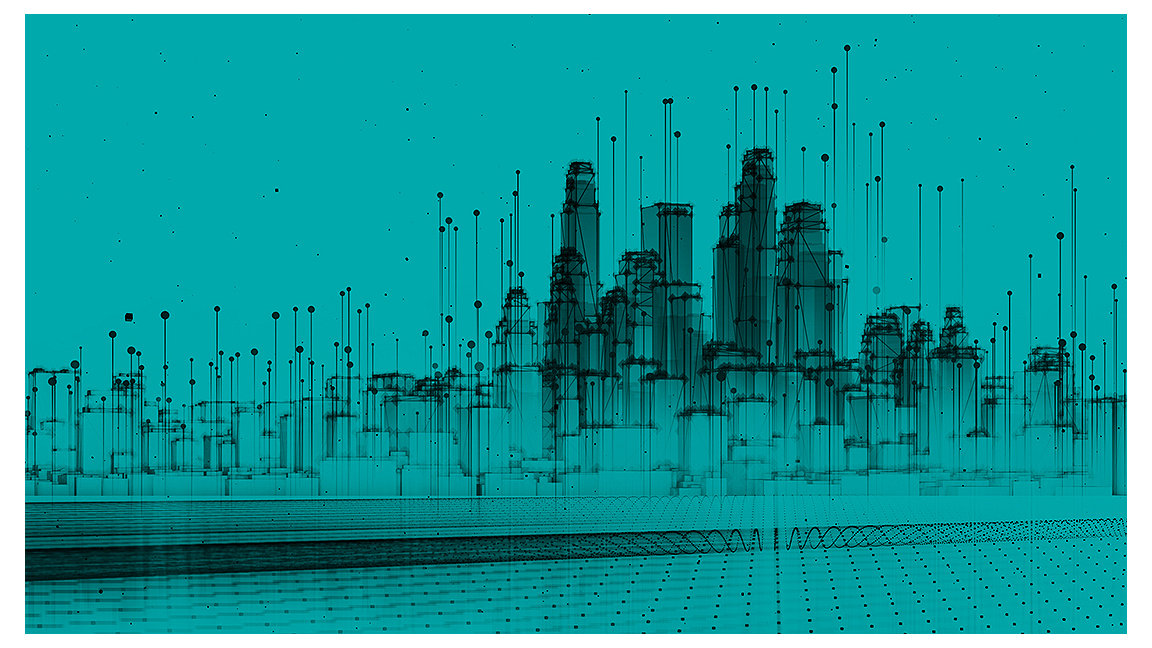
The RICS Countering bribery corruption money laundering and terrorist financing professional statement was published in February, and will be effective for all members from 1 September.
The threat of bribery, corruption and money laundering is present across all surveying disciplines and RICS is committed to maintaining public confidence, which requires transparency and mandatory standards for all professionals.
A variety of organisations contributed to this professional statement, including Transparency International, the UK Home Office, industry associations and individual practitioners. As the sector is constantly evolving, this international standard has been drafted on the basis that it will be reviewed and amended over time.
Attendees at the launch were addressed by Ben Wallace, UK minister of state for security. He stressed the importance of global best practice for keeping dirty money out, and fostering a safe environment attractive to investors. He noted that suspicious activity reports (SARs) from real estate rose solidly from 2017 into 2018, but while this was encouraging Transparency International still estimates that around £4.4bn of criminal proceeds are invested in the UK economy, much of this in property.
Everyone has their part to play, and even those who do not handle money can file SARs as necessary – a simple process that anyone can do quickly without disrupting a transaction, Wallace maintained. He concluded with a reminder that this money represents the proceeds of human misery around the world.
The statement's technical author, Alex Ktorides of Ince Gordon Dadds, then explained the importance of defining terms so members can be clear on what constitutes a bribe. Everyone should know their responsibilities and what to do when they have concerns, however big or small their business. The statement contains definitions and template documents to assist members.
Ktorides stated that businesses too often poorly understand the actual sources of their custom. They need to look carefully at how they conduct business, how payments are made and their customers' relatives, and plan how to check and raise issues. Having training and systems in place to deal with bribery and corruption is essential – policies must be reviewed annually and updated where needed. It can be hard to do the right thing when others aren't, but saying no is important for the integrity of the profession.
Luis Campbell, head of compliance at JLL for the UK, Europe, Middle East and Americas, gave the corporate perspective, saying that JLL is reassured that the requirements and guidance are in keeping with their business practice, and that "making your risk assessment relevant to your organisation" is key.
Halting corruption goes beyond simply checking ID, and firms could do more to share information with law enforcement. Professionals must not forget that dubious businesses are not only found in jurisdictions with poor reputations. Keeping business clean is "a marathon, not a sprint" Campbell added, requiring continuous work that the professional statement will support.
Finally, RICS global director of professionalism and ethics Peter Bolton King spoke about the organisation's work on International Ethics Standards, and the need for SMEs in particular to access support in maintaining the highest standards. Global parameters of acceptability vary and there is demand from both government and businesses to ensure things are done correctly at all levels.
Mindsets need to change as the profession gets used to sharing data, scrutinising customers more closely and mapping processes so everyone knows their duties. Combating money laundering, bribery and corruption is both good business and good for business, a message this professional statement will underpin.
Related competencies include: Ethics, Rules of Conduct and professionalism
